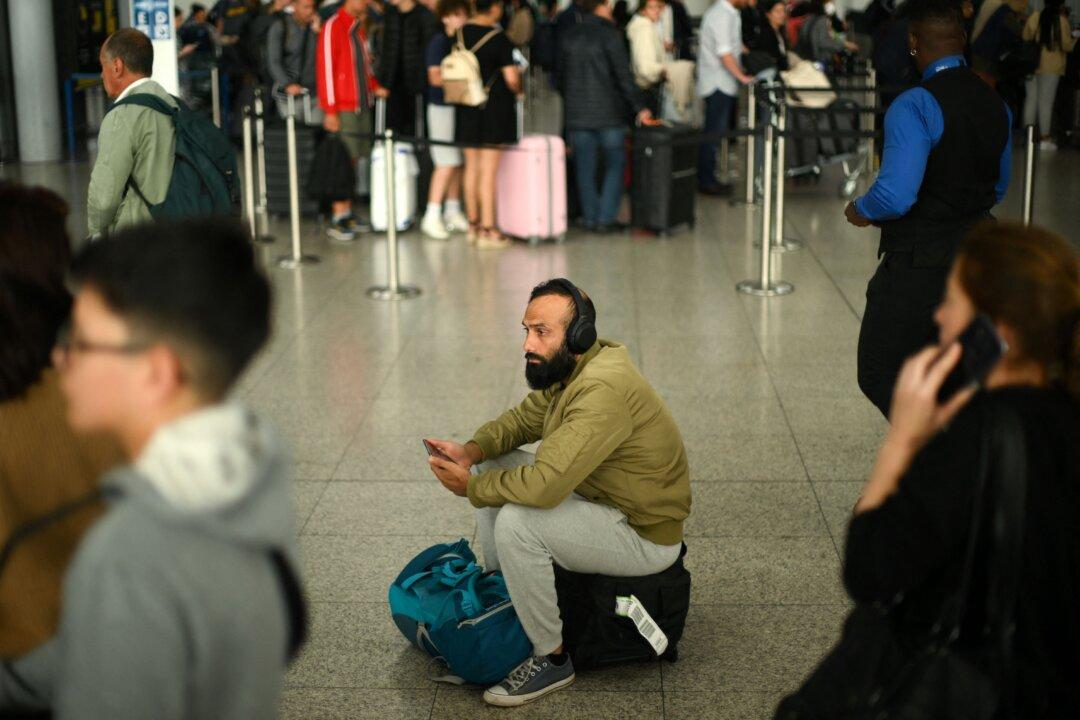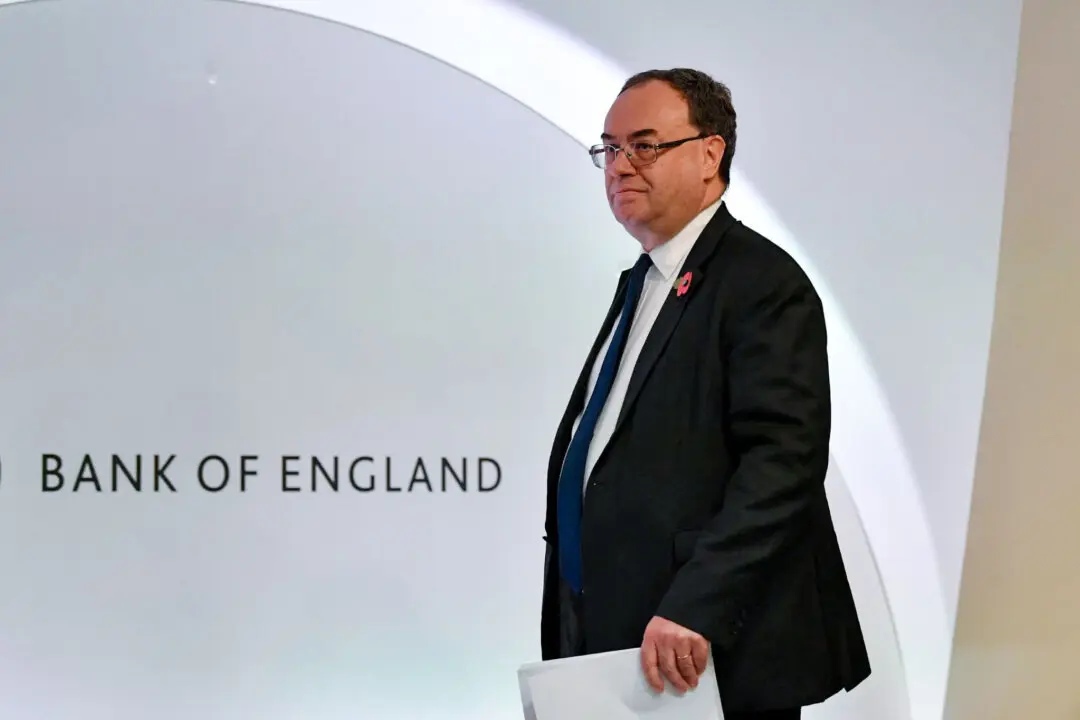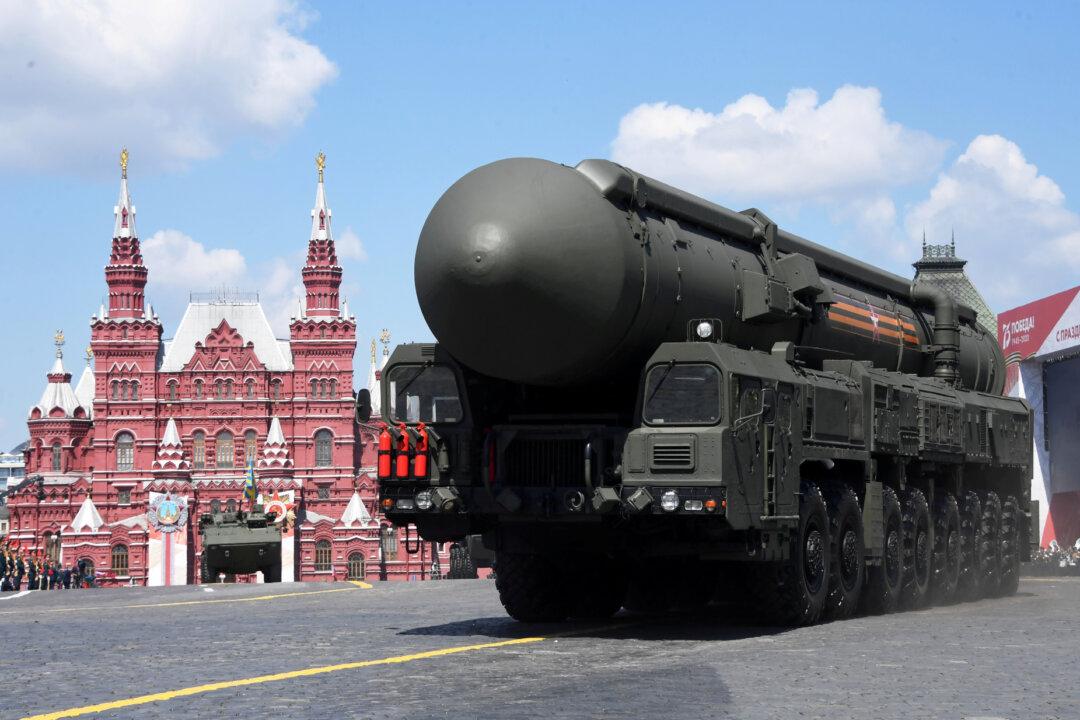The UK air traffic control failure was caused by flight data received by National Air Traffic Services (NATS), with no indication of a cyberattack, said NATS CEO Martin Rolfe.
Both primary and back-up systems responded by suspending automatic processing to ensure air traffic controllers don’t get incorrect information, Mr. Rolfe said in a statement.





